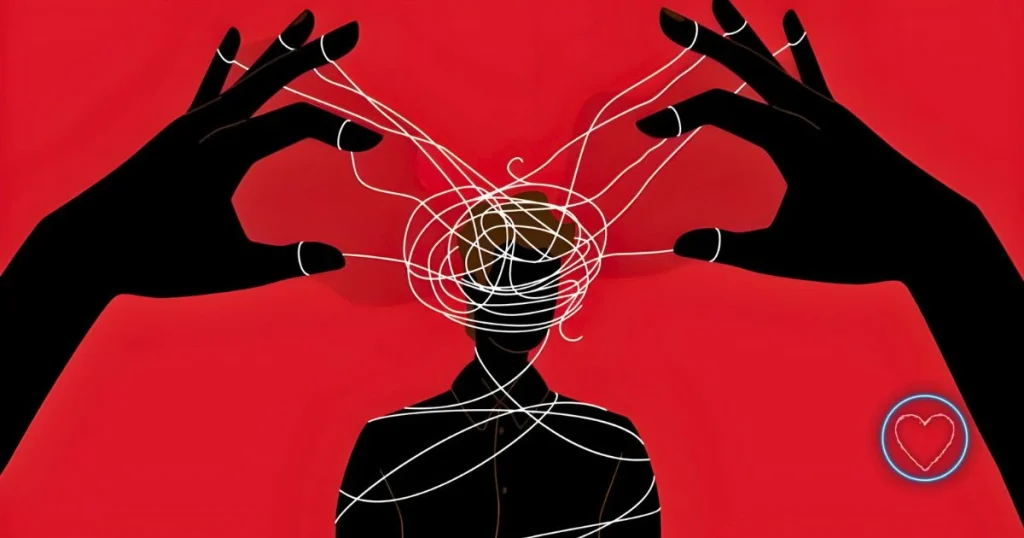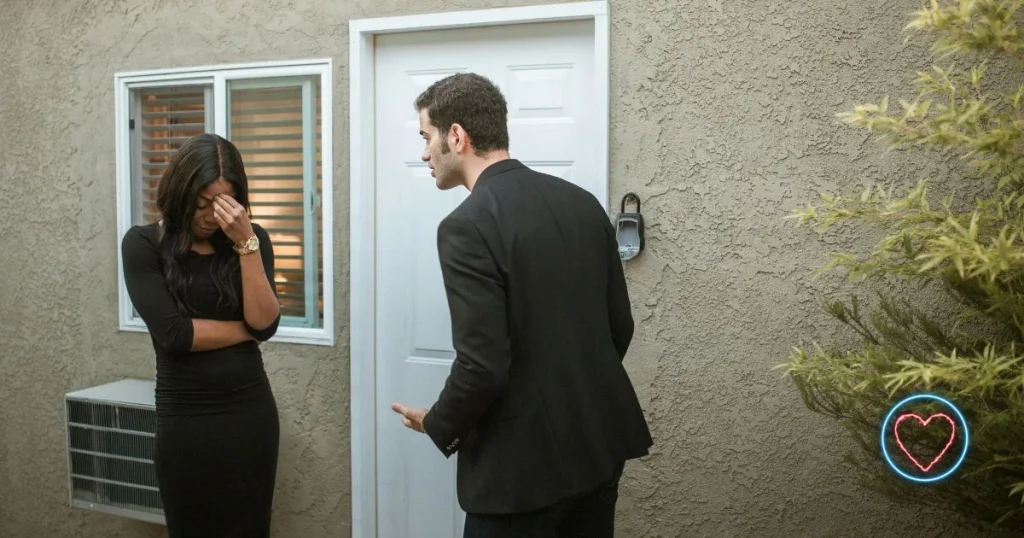Healthy relationships are built on more than just love—they require communication, trust, and mutual respect. One of the most powerful indicators of a strong partnership is shared decision-making. This isn’t limited to big milestones like marriage or buying a home. It also includes everyday matters such as dinner plans, budgeting, and parenting choices.
When both partners feel heard and respected during decisions, emotional intimacy deepens and long-term satisfaction grows. Let’s explore 15 key signs that show your relationship values joint decision-making.
1. Both Partners Feel Heard
In a collaborative relationship, each person has a voice. You both express your opinions freely, and each one is genuinely considered. Instead of dominating the conversation, both of you take turns speaking and actively listening.
2. Major Choices Are Made Together
From career shifts to moving houses, life-altering decisions aren’t made solo. Couples who thrive understand the importance of involving one another in discussions about the future. They weigh options side by side before moving forward.
3. Compromises Happen Without Resentment
Rather than pushing your own agenda, you seek common ground. This doesn’t mean settling for less—it means finding a win-win that satisfies both of you. Healthy compromise leaves both partners feeling valued, not shortchanged.
4. Daily Responsibilities Reflect Teamwork
In relationships with shared decision-making, domestic duties are shared equitably. You don’t rely on assumptions or outdated roles. Instead, you discuss who does what, and you’re flexible when things need to shift.
5. You Collaborate on Financial Matters
Money can be a major source of tension. However, when financial decisions are made jointly—whether you’re saving, investing, or spending—both partners feel ownership and security. Transparency becomes the norm, not the exception.
6. Each Person Maintains Autonomy
Just because you decide things together doesn’t mean you lose your individuality. Both partners keep their independence while still aligning their goals and priorities. In fact, autonomy strengthens the relationship.
7. Neither Partner Feels Pressured
Healthy decision-making allows space for reflection. If something feels rushed, you pause. Your partner doesn’t guilt or pressure you; instead, they offer time and support for you to think things through.
8. Disagreements Lead to Better Solutions
Arguments aren’t destructive—they’re constructive. When handled with care, conflicts become opportunities to learn more about each other and discover creative compromises that benefit you both.
9. Your Choices Reflect Shared Values
Couples that communicate well often find their values align. Whether it’s choosing a school for your child or deciding how to spend holidays, you make decisions that honor what matters most to both of you.
10. You’re Willing to Revisit and Revise
As circumstances change, so should some decisions. Being open to reassessing your previous choices keeps the relationship adaptive and resilient. Rather than clinging to the past, you embrace what works now.
11. Parenting Duties Are Jointly Handled
If you have children, raising them becomes a team effort. You don’t undermine each other’s parenting style. Instead, you strategize together, ensuring consistency and fairness for your family.
12. Roles and Expectations Are Clearly Defined
Unspoken assumptions often lead to frustration. However, when you agree on responsibilities, expectations become transparent. This clarity reduces miscommunication and promotes harmony.
13. Future Planning Is a Shared Activity
Instead of drifting through life, you co-create your vision for the future. Whether it’s planning for retirement or dreaming up your next vacation, you build your lives intentionally—and together.
14. Feedback Is Welcomed, Not Feared
Constructive criticism helps relationships grow. Rather than taking things personally, you both offer and accept feedback with maturity. You recognize that refining your decisions benefits your connection.
15. Power Is Balanced, Not Dominated
Perhaps the clearest sign of shared decision-making is the absence of hierarchy. Neither partner exerts more control. Decisions are made collaboratively, reflecting equal respect and shared responsibility.
Why Shared Decision-Making Matters
Shared decision-making isn’t just about fairness—it’s about emotional safety. When both individuals feel empowered to contribute to the partnership, trust deepens. Instead of feeling controlled or overlooked, each partner feels valued.
Moreover, this approach fosters long-term compatibility. It helps avoid patterns of resentment and detachment that stem from one-sided decision-making. When couples actively build their lives together, their bond becomes not only stronger but also more fulfilling.
Red Flags in One-Sided Decision-Making
If your relationship lacks shared input, you might notice some troubling patterns. These can include:
- One partner consistently making all the choices
- Lack of transparency in financial or lifestyle decisions
- Frequent dismissals of your concerns or preferences
- Power dynamics that silence or belittle your input
These signs may indicate an imbalance that, if left unchecked, can erode trust and emotional connection over time.
How to Encourage More Collaborative Choices
Even if shared decision-making doesn’t come naturally, you can cultivate it over time. Here are a few practical steps:
1. Schedule “Decision Dates”
Dedicate time to discuss ongoing and upcoming choices. Doing so prevents rushed or reactive decisions made in stressful moments.
2. Use Open-Ended Questions
Instead of asking yes-or-no questions, explore ideas more deeply. Ask things like, “How do you feel about this option?” or “What would you prefer?”
3. Practice Active Listening
When your partner speaks, listen with the goal of understanding—not replying. Reflecting back what they say builds clarity and connection.
4. Revisit Goals Often
What mattered last year might not today. Periodically realigning on your shared goals ensures that your decisions evolve with you.
5. Seek Help When Needed
If decision-making regularly leads to conflict or imbalance, couples therapy can offer valuable tools. A neutral third party can help identify patterns and suggest new approaches.
Final Thoughts
Shared decision-making is not about perfection—it’s about partnership. When both people contribute to the decisions that shape their lives, they build a relationship based on mutual respect, empathy, and trust. This approach not only strengthens emotional intimacy but also lays the groundwork for lasting happiness.
Whether you’re evaluating how decisions are made in your current relationship or looking to improve your approach, recognizing and implementing these 15 signs can guide you toward a more balanced and rewarding connection. After all, the strongest relationships aren’t led by one—they’re built by two, equally invested in creating a shared life.




















